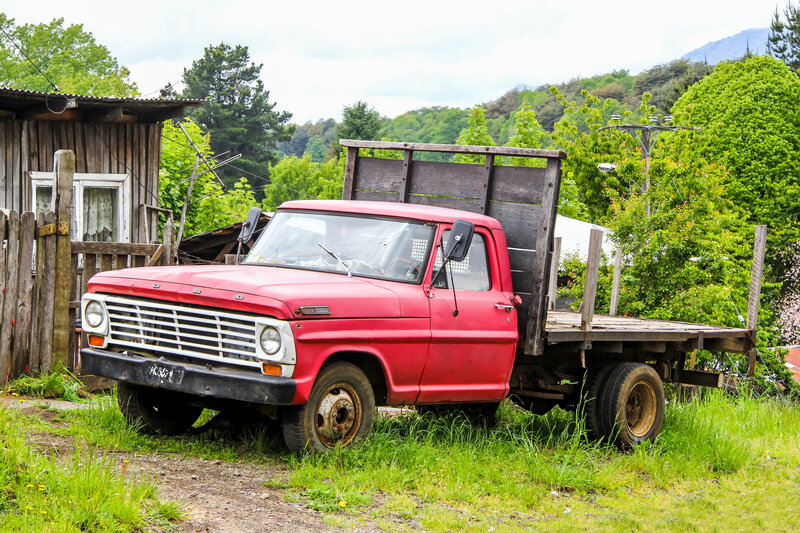
After a diesel engine has been sitting for a long time, there’s a good chance it won’t start up the next time you go to use it. This happens when the liquids used to run the engine dry out and corrode essential engine components. It happens quickly, as the oil, coolant, and diesel fuel start to break down in a matter of weeks, causing enough damage that the engine won’t start.
The damage begins with the liquids evaporating, leaving behind a thick substance that clogs the engine’s moving parts. Ultimately, these parts will stick and begin to deteriorate. If given enough time, the engine will rust and fail to start. At that point, you'll need heavy maintenance to get your diesel engine functioning again.
Whether you have a diesel tractor or a truck sitting too long at home, there are several steps you can take that may bring the engine back to life. Each step can also help to pinpoint the problem area so you can assess the damage.
Before trying to get the engine started, drain all fluids beginning with the coolant. You can do this using a coolant flush kit that attaches to most garden hoses. Once it’s entirely drained, fill it back up with fresh coolant.
To ensure the oil pump is functioning, drain and scrape the oil pan. Once it’s clean, carefully examine the oil pan for any particles or pieces of metal. Thoroughly wash the oil pickup screen, and we suggest replacing both the oil pan gasket and the oil filter.
Remove the fuel in the tank, flushing it out until it’s entirely clean. Take apart the sediment bowl, thoroughly clean it, and replace both the fuel tank screen and the gaskets. Once you’ve done this, we recommend flushing the fuel lines as well.
After removing all of the water from the radiator and block, flush it out with clean water. We recommend using a pressurized hose if possible to ensure it’s clean.
Remove and clean the side covers, the valve cover, and the cover from the governor. Be sure to remove any buildup.
Pour kerosene over the rocker arms, allowing it to flow through the return lines and into the oil pan. Do the same with oil, ultimately cleaning the rocker arms.
Pour kerosene into the oil fill point, allowing it to drain into the oil pan again. At this point, you can refill the oil receptacle.
Each engine cylinder has a glow plug in the pre-chamber or combustion chamber. Temporarily removing the glow plugs will make it easier for a diesel engine that’s been sitting a long time to start.
To better maintain your vehicle that operates on a diesel fuel system, we recommend starting the engine at least twice a month. Ideally, you would do this once a week.
If your diesel engine has been sitting a long time and still won’t start after following our recommended steps, there are several possible causes. The most common are interrupted fuel delivery, problems with injectors, or a contaminated fuel line.
Various engine issues can lead to interrupted fuel delivery. You can assess some on your own, but you may need a professional to do the repairs. Here’s what to look for:
Fuel injectors require regular maintenance. We recommend you often check that the pressure levels aren’t too high or too low, as either extreme can lead to problems down the road. If you experience white or black smoke coming from your exhaust, you may be dealing with:
Unfortunately, diesel fuel creates the ideal environment for bacteria to grow. Here are signs that your fuel line is contaminated:
When you need honest and reliable truck preventive maintenance in Berkeley, reach out to us at All Bay Diesel. Our diesel engine and automotive repair experts are trained to work with all vehicles, offering solutions for diesel truck owners and enthusiasts.
If your diesel engine has been sitting for a long time and will no longer start, have a professional look at it before corrosion escalates. As a mobile repair service, all of our automotive professionals come right to you. Call All Bay Diesel's mobile truck repair now at (925) 522-1780 to schedule your appointment.